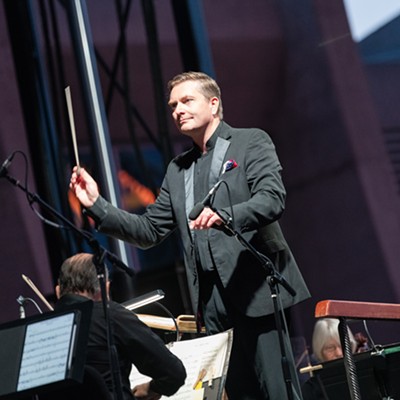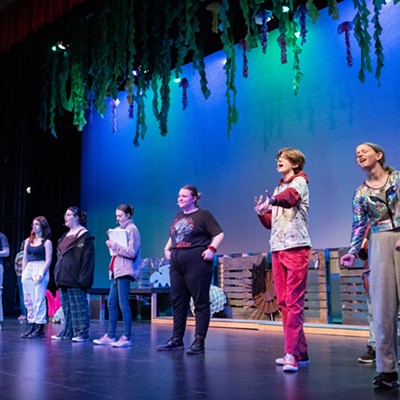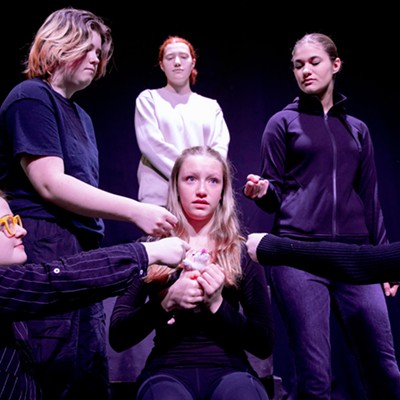For me, reading A Series of Unfortunate Events as a child was like being able to sit at the adults' table — if the adults at said table were discussing shocking tales and grim realities. All of a sudden, the childhood veil was lifted. The world no longer looked a rosy hue.
Nostalgia flooded back as the second season of Netflix's The Series of Unfortunate Events appeared. Thanks to the flu, I finished it all in one weekend. By the end, I was delighted, and that's not just the DayQuil talking.
The television series juxtaposes comedy and tragedy in an absurd and captivating way without somehow being too campy. Neil Patrick Harris stars as Count Olaf. Nearly every episode, he transforms into a new disguise. He is as funny as he is sinister.
The Netflix series doesn't stray much from the original literature, probably because Daniel Handler, who writes under the pen name Lemony Snicket, helped guide production. Watching the second season, streaming now, I found myself fondly recalling all the lessons I had once learned from the books as a child.
The first time I immersed myself into Lemony Snicket's literary world I felt emotions other children's books hadn't elicited before. For one, I felt a deep rage at the injustice faced by the Baudelaire orphans. The books presented a world where the "system" was equally ludicrous and deeply flawed. As a child, seeing a story world where the institutions weren't pristine or void of blunders helped prepare me for our own real world. The orphans, three precocious and resourceful children, were left to their intellect and wits to fend for themselves.
In Lemony Snicket's realm, I was schooled about irony and dark humor. I was taught literary devices, such as foreshadowing and narrative, even before I knew what to call them. Vocabulary definitions and lessons were so artfully tucked amidst the adventure and mystery that it was okay for me to be receiving a grammar lesson from a book that wasn't a school assignment.
Most importantly, the books taught me that life is not a formula. The Baudelaire children are good and noble, but life doesn't go their way. Every time they reach a respite, it's stripped away from them. The brutality of unhappy endings clashed against my sense of justice, yet brought up poignant questions for me at that age that still echo throughout my adulthood: Will I still make the right choice if the end result doesn't always go my way? Will I still be a good person if it doesn't always pay off? ♦

















